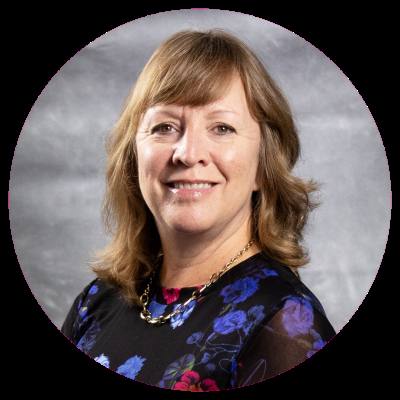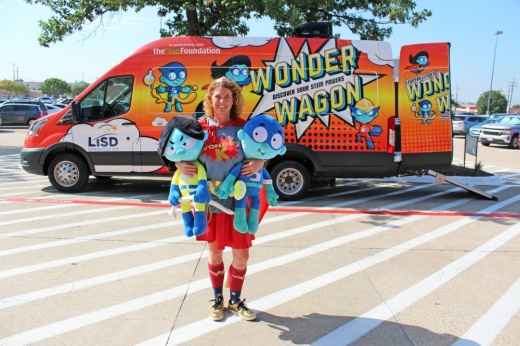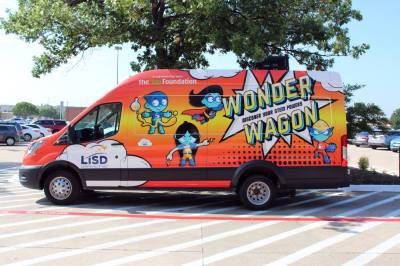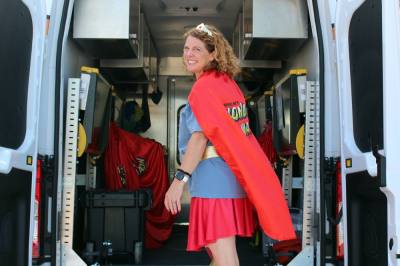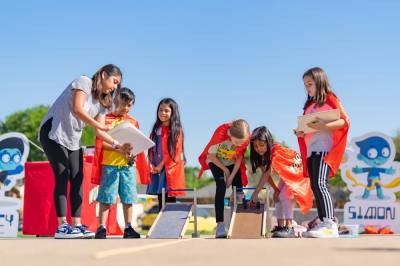Klimek, also known as “Wonder K," is a science, technology, engineering and mathematics (STEM) specialist and one of her responsibilities is driving the Wonder Wagon to 20 LISD elementary schools.
The details
Prior to driving the Wonder Wagon—a custom-built Ford Transit cargo van that transports a mobile STEM classroom—to the schools, Klimek sends the lesson plan to the teachers along with a video that is shown to the student.
“I am teaching them what the expectation will be, what their challenges will be, any rules or understanding they need prior to coming out,” Klimek said. “So when they come out [to the Wonder Wagon], we're ready to go and not wasting any time explaining.”
Students are divided into teams to work on challenges. The amount of time spent with the Wonder Wagon and lesson difficulty levels increase with each grade level.
“All the lessons are grounded in the engineering design process,” Klimek said. “So for example, a kindergartner might be building a tower; whereas a second grader might be building a tower and then testing it on the shake table; and then a third grader might be building more than one tower with different materials or creating a mechanical energy piece with that.”
Who it’s for
Elementary STEM Administrator Kim Warr said that the district’s elementary programming is threefold— 5 schools are STEM academies, 14 schools receive STEM instruction on a weekly basis and 20 schools are part of the Wonder Wagon route. Students in kindergarten, second and third grades partake in the Wonder Wagon immersion program.
How it happened
The wagon was funded in 2021 through a $150,000 donation by The Rao Foundation and a Lewisville Education Foundation grant.
Through a group effort by multiple LISD employees, the vehicle’s custom exterior and interior was created complete with mascots and a retractable awning.
Get involved
Klimek said the department enlists a variety of volunteers like parents who help facilitate lessons, high school students who help build ways to test experiments and local engineers that explain their occupation to the students.
Last year, an engineer came to talk about her career to the students who were working on a robotics project.
“She started explaining her job,” Klimek said. “Then her eyes got really big, and she said, ‘What I'm learning is that you are learning in kindergarten ... how to do my job.’”


